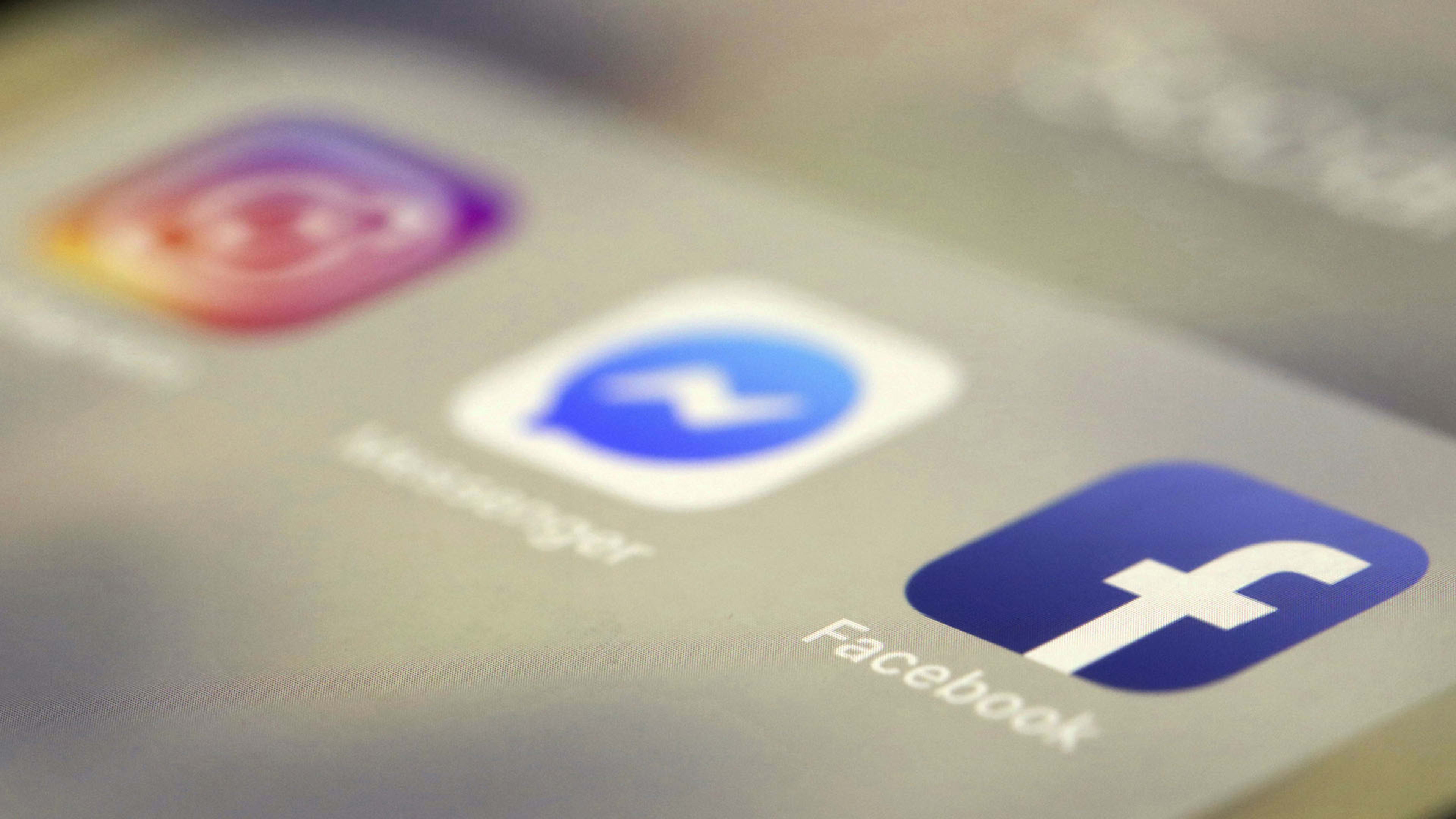Nearly three-quarters of U.S. teens say they feel happy or peaceful when they don’t have their phones with them, according to a new report from the Pew Research Center.
In a survey published Monday, Pew also found that despite the positive associations with going phone-free, most teens have not limited their phone or social media use.
The survey comes as policymakers and children’s advocates are growing increasingly concerned with teens’ relationships with their phones and social media. Last fall, dozens of states, including California and New York, sued Instagram and Facebook owner Meta Platforms Inc. for harming young people and contributing to the youth mental health crisis by knowingly and deliberately designing features that addict children. In January, the CEOs of Meta, TikTok, X, and other social media companies went before the Senate Judiciary Committee to testify about their platforms’ harms to young people.
Despite the increasing concerns, most teens say smartphones make it easier be creative and pursue hobbies, while 45% said it helps them do well in school. Most teens said the benefits of having a smartphone outweigh the harms for people their age. Nearly all U.S. teens (95%) have access to a smartphone, according to Pew.
Majorities of teens say smartphones make it a little or a lot easier for people their age to pursue hobbies and interests (69%) and be creative (65%). Close to half (45%) say these devices have made it easier for youth to do well in school.
The poll was conducted from Sept. 26-Oct. 23, 2023, among a sample of 1,453 pairs of teens with one parent and has a margin of error of plus or minus 3.2 percentage points.
Here are some of the survey’s other findings:
— About half of parents (47%) say they limit the amount of time their teen can be on their phone, while a similar share (48%) don’t do this.
— Roughly 4 in 10 parents and teens (38% each) say they at least sometimes argue with each other about how much time their teen spends on the phone. Ten percent in each group said this happens often, with Hispanic Americans the most likely to say they often argue about phone use.
— Nearly two-thirds (64%) of parents of 13- to 14-year-olds say they look through their teen’s smartphone, compared with 41% among parents of 15- to 17-year-olds.
— Forty-two percent of teens say smartphones make learning good social skills harder, while 30% said it makes it easier.
— About half of the parents said they spend too much time on their phone. Higher-income parents were more likely to say this than those in lower income buckets, and white parents were more likely to report spending too much time on their phone than Hispanic or Black parents.
—Barbara Ortutay, AP Technology Writer
Recognize your brand’s excellence by applying to this year’s Brands That Matter Awards before the final deadline, June 7.
Sign up for Brands That Matter notifications here.
